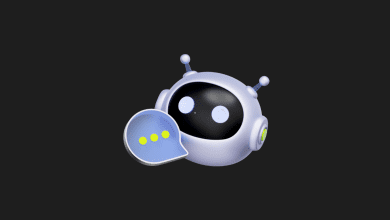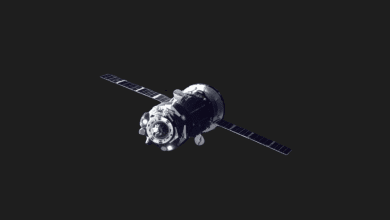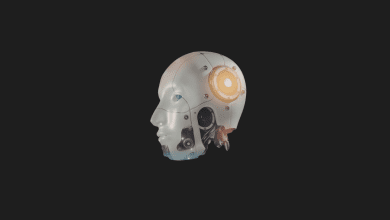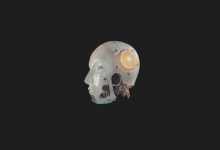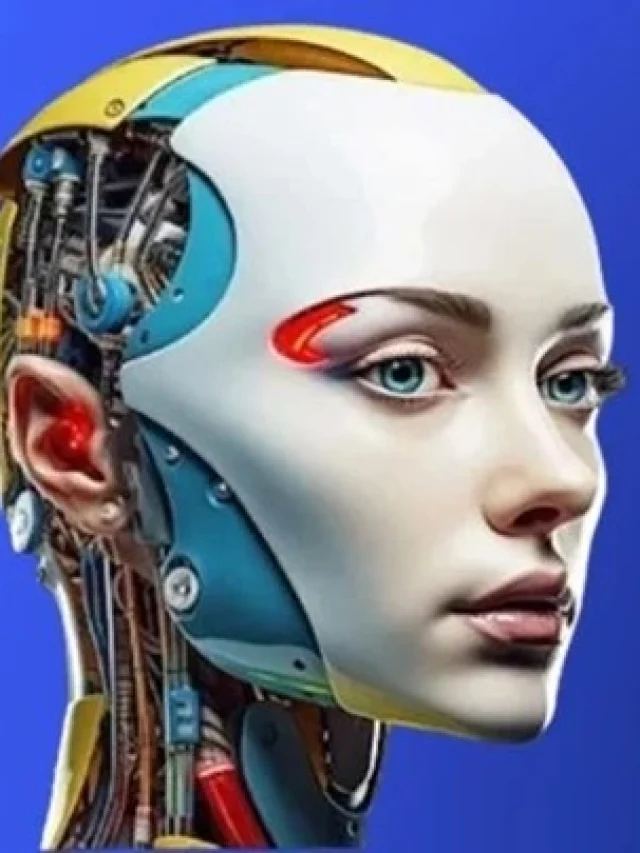Artificial Intelligence Is Now Consuming Our Water!
AI NEWS
Stay ahead of the intelligence revolution. Your daily source for breaking AI News, covering the rapid advancements in deep learning, industry shifts, and the startups shaking up the tech world
Top AI Tokens
Real-time market prices for Artificial Intelligence
Loading AI Data...
AI MOVIES
Cinema as a mirror to our digital future. Explore our curated list of AI Movies that question the ethics of sentient machines, from dystopian classics to modern sci-fi masterpieces questioning what it means to be human
AI BLOG
Your daily source of digital wisdom. Dive into our AI Blog for expert insights, detailed tutorials, and thought-provoking analyses on the ever-evolving world of artificial intelligence.
AI Categories
Artificial Intelligence (AI): More Than Just Code, It’s Our New Reality
I’ll be honest; sometimes when I wake up and grab my phone, I can’t help but wonder, “How much did the world change while I was sleeping?” Technology used to take years to evolve, but now, even in my Weekly AI Diaries, I sometimes struggle to keep up with the speed.
But this page, right here on Metaverse Planet, is not where you get lost in that chaos. On the contrary, this is where I filter the noise to tell you exactly how Nvidia knows the weather better than we do, why Microsoft’s new chips actually matter, or what specifically awaits you in the business world of 2026.
For me, Artificial Intelligence (AI) isn’t just cold lines of code; it’s a tool that elevates human potential (and yes, sometimes our laziness) to the next level. You won’t find “dry news” here. You will find the answer to the question: “What will this technology add to my life, my wallet, or my career?” Whether you want to build an app without knowing how to code or marvel at what AI has discovered with the Hubble telescope, this page is your digital compass.
Frequently Asked Questions (And My Honest Answers)
Q1: Are the “2026 Vision” contents on this page just guesses? Answer: I wish I had a crystal ball! But no, these aren’t random guesses. The analyses I write are based on patent applications, investment reports, and technical “whitepapers” from giants like OpenAI, Google, and Nvidia. So, when I talk about “digital coworkers” in 2026, I’m not writing science fiction; I’m letting you know about the incoming wave so you can get your surfboard ready.
Q2: I don’t know how to code; are these AI tools useful for me? Answer: Absolutely! In fact, they might be most useful for you. Thanks to the No-Code AI tools I frequently review on this site, you can build your own app or create professional designs without writing a single line of code. I love the result, not the technical mess, and that’s the path I show you.
Q3: Why do you constantly share “Hardware” and “Chip” news (Nvidia, Azure Maia, etc.)? Answer: You’re right, it can get a bit technical, but trust me, it’s crucial. Because those “magical” AI models we use don’t run on thin air. Microsoft Azure Maia or Nvidia’s new chips determine “how cheap” and “how smart” AI will become. We can’t fully enjoy the meal without understanding the kitchen, right?
Q4: Why should I follow AI news on Metaverse Planet? Answer: Because I am not a bot, and I don’t read you “Press Releases.” The internet is full of clickbait screaming, “AI will take over the world!” Here, I focus on grounded, real-world use cases and the ethical/human dimensions of this technology. My goal is not to scare you, but to equip you.
Q5: How often is the “AI Diaries” series updated? Answer: AI never sleeps, and (almost) neither do I! Every week, I compile the most critical, “wow” moments of the week under the AI Diaries title. If you missed the agenda, you can catch up on the entire week just by reading that one article.










